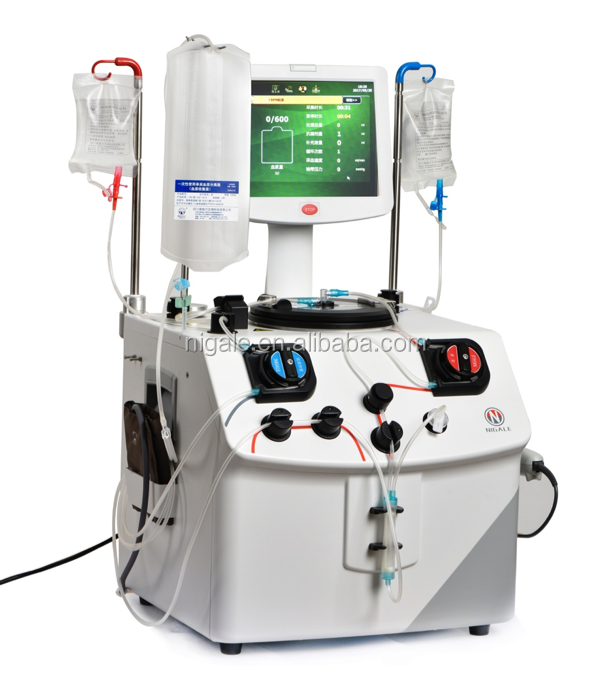How I know whether the donor is HLA match ?
immune system activation
you should HLA typing in medical lab for you and for the donor.
Input here the results for initial assessment
How to select compatibile donor ?
human leukocyte antigen (HLA)
The main part of immune system is human leukocyte antigen (HLA) system (the major histocompatibility complex [MHC] in humans), it controlled by genes located on chromosome 6.
It encodes cell surface molecules specialized to present antigenic peptides to the T-cell receptor (TCR) on T cells.
The donor with shared HLA matching will be the better.
.
Why HLA matching important ?.
HLA matching provides numerous benefits in organ transplantation including better graft function, fewer rejection episodes, longer graft survival, and the possibility of reduced immunosuppression.
Mismatches are attended by more frequent rejection episodes that require increased immunosuppression that, in turn, can increase the risk of infection and malignancy.
HLA mismatches also incur the risk of sensitization, which can reduce the opportunity and increase waiting time for a subsequent transplant.



